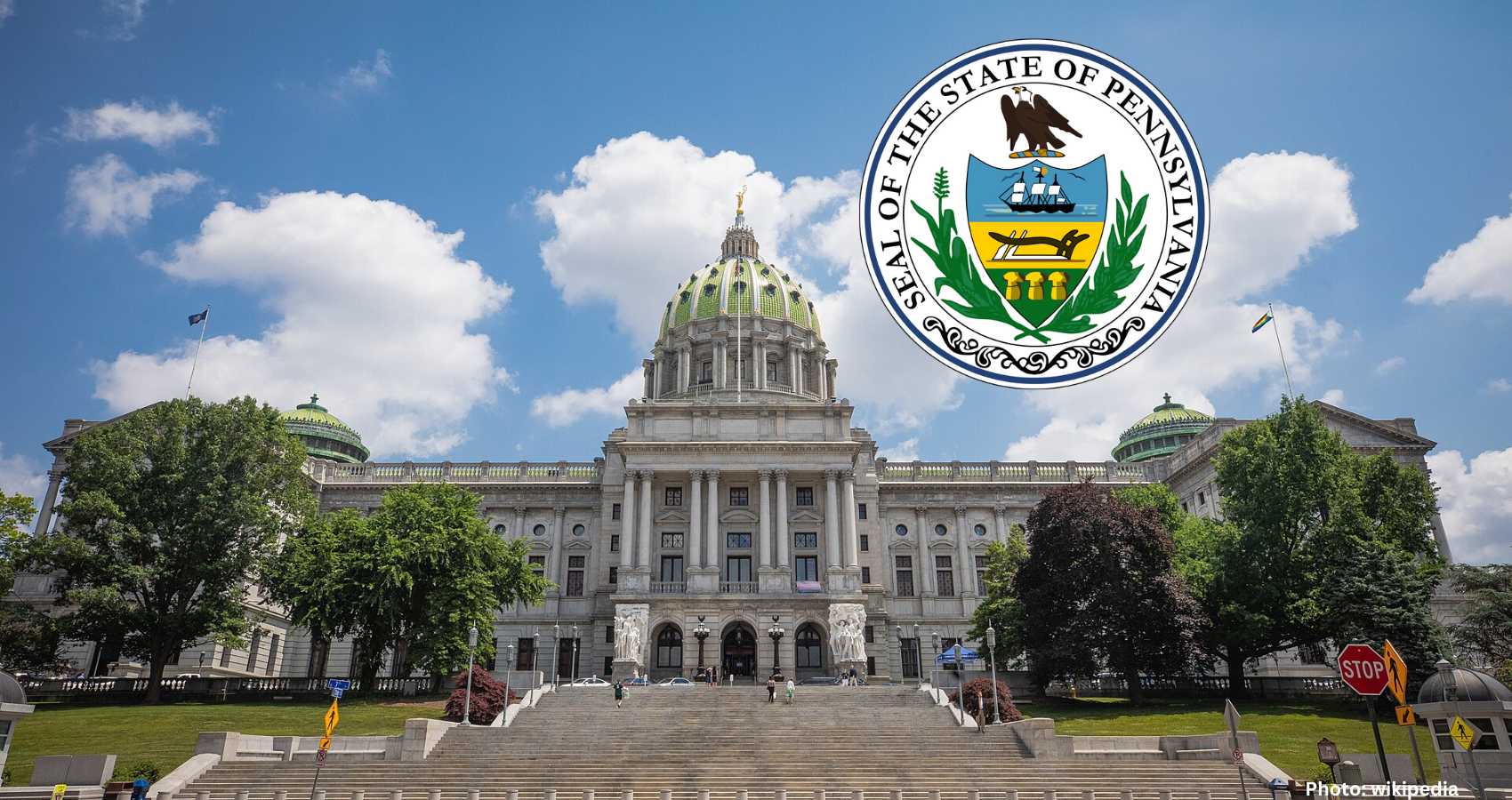Pennsylvania voters will decide in November whether to retain three Democratic justices on the state Supreme Court amid heightened Republican efforts to challenge the court’s decisions on COVID-19 and election rules.
Pennsylvania is gearing up for a significant election this November, as voters will have the opportunity to influence the composition of the state Supreme Court. Three of the seven seats on the court are at stake, and Democrats currently hold a 5-2 majority. However, Republicans are mobilizing their base, citing controversial decisions made by the court regarding COVID-19 lockdowns and election regulations as key motivators for change.
The justices facing retention votes are Christine Donohue, Kevin Dougherty, and David Wecht. All three were elected in a sweeping victory in 2015 and are now up for consideration in the November 4 election. This election is classified as a retention race, meaning voters will cast ballots to either retain or remove each justice from their position.
The stakes are high, as the outcome of this election could shift the balance of power on the court. The Republican Party has intensified its scrutiny of the judiciary, particularly following setbacks in other states, such as Wisconsin’s Supreme Court election earlier this year. This race has garnered national attention and an influx of funding, with reports indicating it is the most expensive retention election in Pennsylvania’s history, exceeding $8 million in contributions and expenditures from outside groups and candidates.
Pennsylvania Supreme Court justices serve 10-year terms and can be retained for multiple consecutive terms. While there are no term limits, justices must retire upon reaching the age of 75. Justice Donohue is approaching that age, turning 73 this year.
If any of the justices are not retained, Democratic Governor Josh Shapiro would have the authority to appoint temporary replacements until the next election in 2027. However, these appointments would require confirmation from the Republican-controlled state Senate.
Activist Scott Presler, who leads the political action committee Early Vote Action, is spearheading efforts to challenge the status quo in Pennsylvania. His team, consisting of over two dozen full-time staff members, is focused on mobilizing voters and encouraging them to participate in the election. Presler’s initiatives have attracted significant media attention and financial backing, including a million-dollar donation from tech billionaire Elon Musk.
“We spent the last year registering voters and ensuring that those who voted last year are committed to voting this year,” Presler stated. He emphasized the importance of following up with registered voters to maximize turnout.
Despite the Republican enthusiasm, historical trends suggest that the odds of a justice losing a retention race are low. The only Supreme Court justice to have ever been voted out in Pennsylvania was Russell Nigro, who was defeated in 2005 amid public outrage over pay raises for legislators and justices.
Recent polling from Franklin and Marshall College indicates that all three Democratic justices currently hold leads of 10% or more among likely voters. However, the same poll revealed that approximately half of registered voters remain undecided, underscoring the importance of ongoing campaigning in the weeks leading up to the election.
Presler’s group is actively targeting Bucks County, planning to send out 100,000 text messages as part of their outreach efforts. This campaign coincides with the late Charlie Kirk’s birthday, with promotional materials featuring stickers that honor him.
As the election approaches, both parties are ramping up their strategies to sway voters, making this retention race a focal point in Pennsylvania’s political landscape.
Source: Original article

